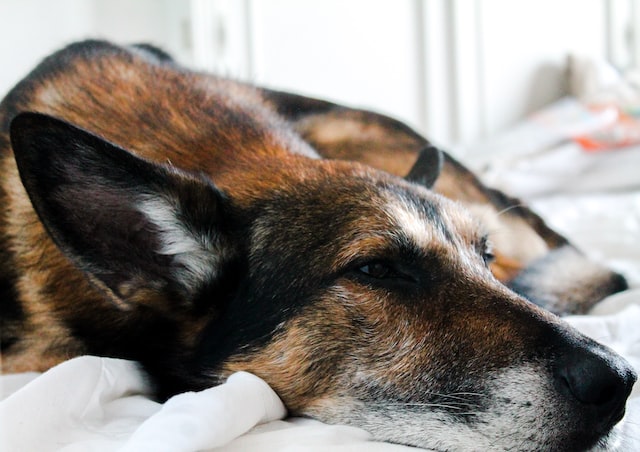
24 Oct Will therapy help with SAD?
Will therapy help SAD? I’m about to talk about this for my stint on Folkestone Academy FM tomorrow and the clocks are going back this week, so I thought this was the perfect time to look at SAD, or seasonal affective disorder as it’s known.
I first came across the idea, rather than the name, when my father announced that he hated the Autumn as it was the precursor to him feeling down over the winter months. It was only in my 30s that I started to experience the same thing. So, what exactly is SAD?
Seasonal Affective Disorder (SAD) is a type of depression. It generally happens at a specific time of year, usually during the Autumn and winter months when daylight hours are shorter and we tend to spend more time indoors. It makes sense doesn’t it. We have less exposure to natural light at this time. This can disrupt the body’s internal clock and even prevent hormones like melatonin being released at the right time. Melatonin affects our sleep and lack of sleep can impact all aspects of our life. It is most commonly associated with the winter months, but some people may experience a form of SAD during the summer, especially if they find themselves housebound or working in a basement, for instance.
Common symptoms of SAD are:
- Persistent sadness or low mood.
- Loss of interest or pleasure in usual activities. You withdraw and also loose the structure and connection those activities used to bring to your life.
- Increased fatigue and a desire to sleep more.
- Finding it harder to get going in the morning.
- Difficulty concentrating and making decisions, perhaps even brain fog.
- Changes in appetite and weight, often with a craving for carbohydrates, or “stodge.”
- Social withdrawal and irritability.
- Feelings of hopelessness or worthlessness.
- Physical symptoms like aches and pains.
Even if symptoms are small, such as feeling more tired than usual, they can have a knock-on effect on your life. You end up being less productive, for instance, and this impacts your self-esteem.
How to help SAD
For many people, it’s surprisingly simple and easy to feel better. Here are some ideas:
Light Therapy (Phototherapy)
Light therapy involves exposure to a bright light box that mimics natural sunlight. It can be a highly effective treatment for SAD. I bought a simple lightbox from Amazon for under £30 and it’s been a faithful part of my office every winter for five years now. You only need a short time every morning, and it doubles as a great light for zoom calls!
Lifestyle Changes
It may sound pretty obvious but sometimes not so easy to do if you are working – get out into the daylight early in the morning. Perhaps you can adjust your working hours to start a bit later after a walk, or get off public transport or park further away and bring a walk into your daily routine. See what you can fit in lunch time too.
See people
Do not withdraw as this makes things worse. If you’re not feeling that sociable, do something where you can be around people, but perhaps not relying on talking so much, like an activity. Or, still see people, but in shorter bursts.
Vitamin D
Some people with SAD may benefit from vitamin D supplements, as they can be deficient during the darker months.
Look at your stress levels
Stress can make things worse, and winter brings its own worries. Concerns over paying energy bills, affording Christmas or even relationship issues as we spend more time together can feel hard at this time of year. Building up a menu of stress-reduction techniques like mindfulness, meditation, and deep breathing can help. Talk to a friend and build in more exercise.
Support Groups
Not for everyone, but joining a SAD support group can provide emotional support and a sense of community with others who are experiencing similar challenges. This can be useful if you are feeling isolated and lonely already.
Your GP
If you’ve tried these natural ideas, then it could be an idea to talk to your GP. In some cases, antidepressant medications, such as selective serotonin reuptake inhibitors (SSRIs), may be prescribed to alleviate symptoms.
Counselling or Psychotherapy
Working with someone like myself can help you develop coping strategies for managing SAD symptoms. If the depressed mood is bringing other things to the surface, we can work with these.
Hope
It’s important to remember that SAD is a real and treatable condition. If you’d like to talk about how I could help you, contact me here, or book in a chat here. I offer counselling in Folkestone and Hythe, as well as online therapy.
